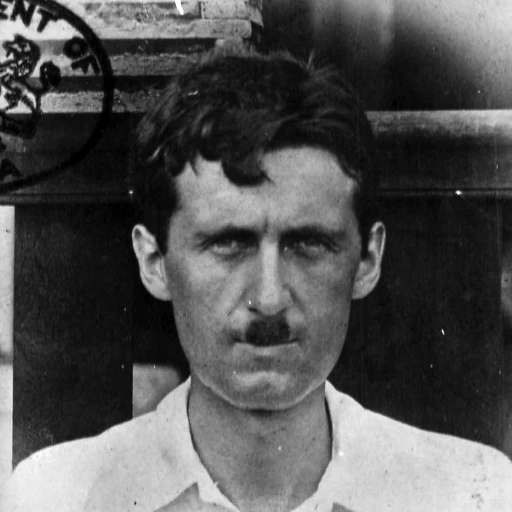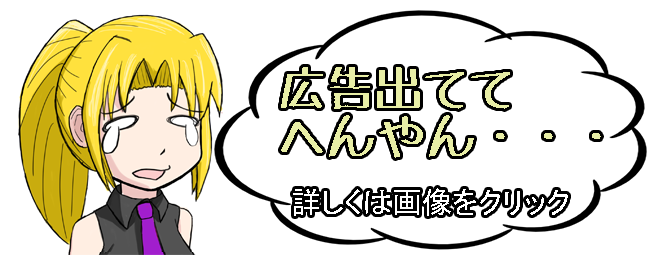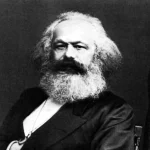“Language ought to be the joint creation of poets and manual workers.”

- June 25, 1903 – January 21, 1950
- Born in India during the British colonial period
- Author, journalist
- Through his representative works “1984” and “Animal Farm,” he presented sharp criticism of totalitarianism and the abuse of power, greatly influencing contemporary literature and thought.
Quote
“Language ought to be the joint creation of poets and manual workers.”
Explanation
In this quote, George Orwell advocates for a democratization of language, suggesting that it should not be the exclusive domain of intellectuals, elites, or specialized groups but rather the shared creation of all people, including both poets and manual workers. The idea is that language should be shaped by the experiences, wisdom, and creativity of all members of society, not just the privileged few. Poets bring artistic vision, emotional depth, and imagination to language, while manual workers contribute practical knowledge, grounded experience, and the language of everyday life. By combining the creativity of poets with the lived reality of workers, language can become more inclusive, authentic, and representative of the diverse lives and experiences within society.
Orwell was deeply concerned with the ways in which language could be used as a tool of oppression, especially in the hands of totalitarian regimes. In his critique of political language and propaganda, Orwell recognized that language is not just a neutral tool of communication but a powerful means of shaping reality, controlling thought, and suppressing freedom. He believed that when language is monopolized by the intellectual or political elite, it becomes disconnected from reality, abstract, and manipulative. In contrast, by allowing manual workers to contribute their lived experiences to the shaping of language, Orwell saw a way to create a more honest, grounded, and accessible form of communication that could be used for empowerment rather than control.
This idea remains relevant today, especially in discussions about language accessibility, social inequality, and cultural representation. In a world where certain jargon or technical language is used to exclude or manipulate, Orwell’s quote serves as a reminder of the power of language to shape both thought and society. By encouraging the contribution of all people—regardless of their social or intellectual status—to the development of language, we can create a more inclusive and truthful means of communication that reflects the diverse voices of society.




